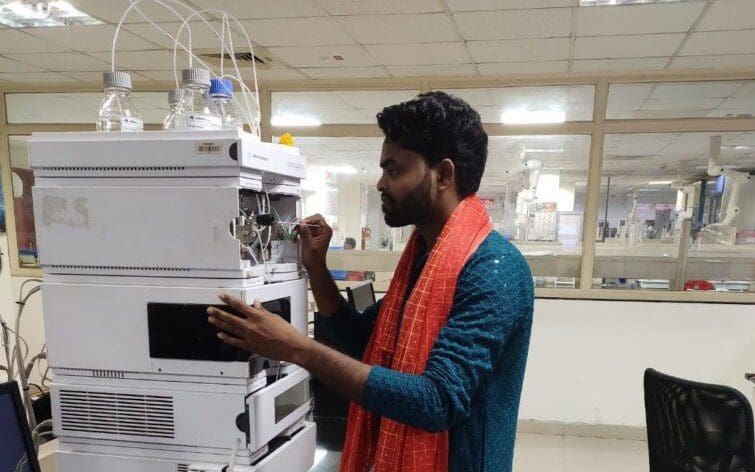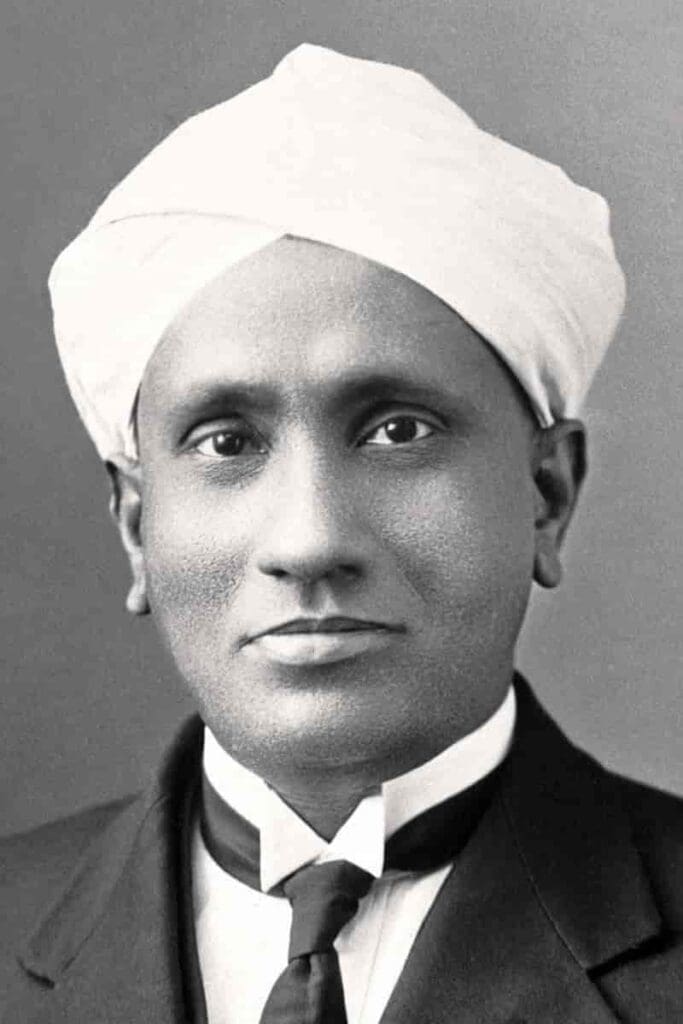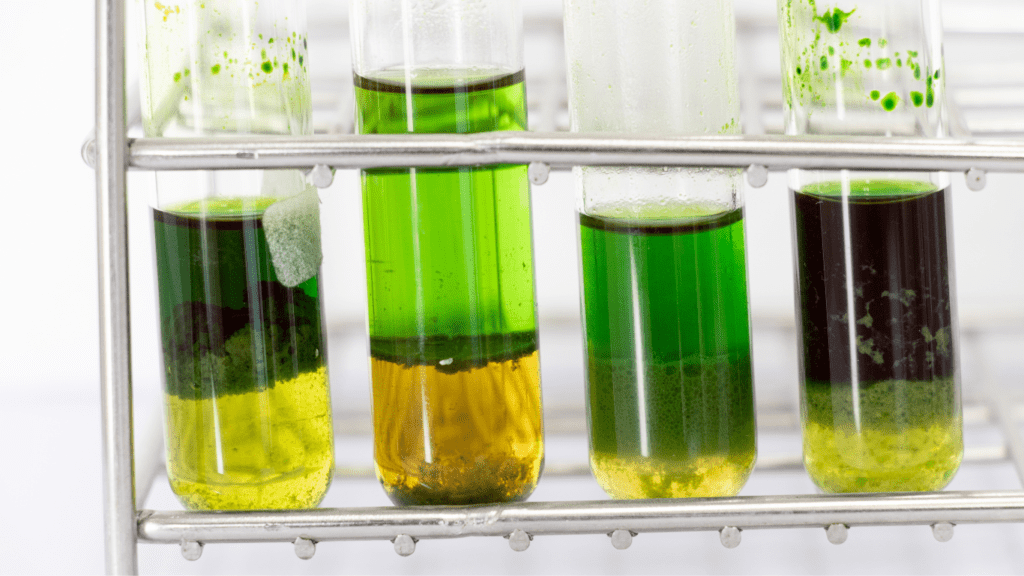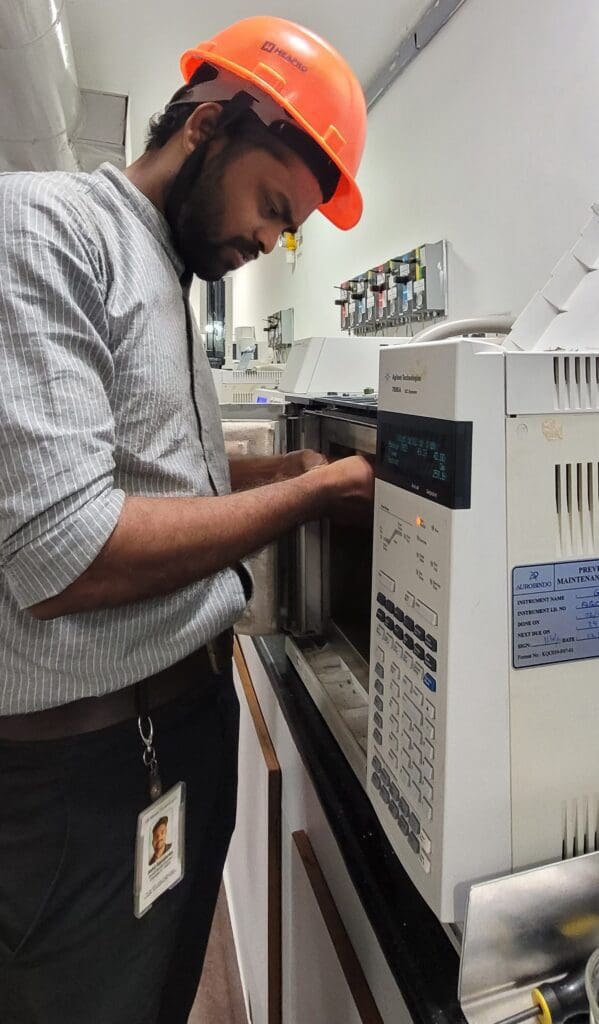Day in the life of a Chromatography Field Service Engineer
Akhil Ramatanku is a Gas Chromatography Field Service Engineer for Alovie Technologies in Hyderabad India. In this article he discusses his work and experiences as a Chromatography FSE.


Background and path to becoming a Chromatography Field Service Engineer
Were you interested in science, engineering, and technical things as a child?
When I was a child, I was always interested in science and took part in science projects. For example, projects on:
automatic sensor bulbs
LEDs (light emitting diode).
Was there a particular person who suggested engineering to you?
Yes, my favourite teacher, Sampath, suggested that path to me.
What led you to be most interested in Electronic Engineering?
When I was studying in the 12th grade at senior school, the subjects I became most interested in were semiconductors and electronics. My teacher inspired me.
Is there a famous person who has been an inspiration to you?
Chandrasekhara Venkata Raman the 1930 Nobel prize winning Physicist known for his work in the field of light scattering the ‘Raman effect’ and ‘Raman spectroscopy’ are named after him.


Chromatography
After studying Electronic Engineering, you studied Instrumentation at Andhra University. What attracted you to this specialisation?
The theory behind instrumentation was what attracted me.
You have specialised in chromatography. How do you explain what chromatography is to family and friends who are not technical?
The way I do this is to compare chromatography with vegetables in a basket.
The way we separate vegetables by type from the basket is the way chromatography separates compounds from a mixture of compounds.


Typical day a Chromatography Field Service Engineer
What’s your typical day like?
Each day is a very big challenge as I need to solve problems in the field. I have a passion for my subject and so I can complete my work without fear, irritation, or a backwards step . I come up with innovative solutions most days.
How much of your time is spent ‘in the field’ – working on site?
Usually I spend about 8 hours a day but when the solution of the problem is innovative, I spend longer.
How much of your day is spent on admin and other tasks?
Admin and related tasks takes approximately two hours.
How much travel do you do?
Usually, my travel is under 100km but sometimes if required I travel much further.
What are the first things you do when you arrive at a customer’s site?
I greet the customers with a smile and listen to the information they give me and ask questions about the task.
Types of equipment used as a Chromatography Engineer
What type of equipment do you install?
I install two types of chromatography instruments:
HPLC (High-performance liquid chromatography) and
GCHS (Headspace gas chromatography for dissolved gas measurement).
How much of your role is software installation and how much hardware?
The majority of my role is hardware installation but with some software installation.
Which is easier in terms of maintenance and troubleshooting – software or hardware?
Hardware is easier for me because I studied instrumentation, and this is also where my passion lies.
What is the most interesting/best designed piece of equipment you work on or have worked on?
I found ELSD (Evaporative Light Scattering Detector) In HPLC (High-performance Liquid Chromatography) really interesting because of the mechanism inside the detector.
Most challenging part of the job as a Chromatography Field Service Engineer
What do you find most challenging about the work?
I find customers to be the most challenging part of my role.
This is because, I can manage the technical part by working hard and referring to manuals. On the other hand, the mind of a customer is really difficult to understand so that is sometimes challenging.
Have you ever arrived on site and found that it’s been much easier than you expected? For example, that you just needed to make a small adjustment or switch something on?
Yes, many times. For example, column issues when the column was bleeding, blocked, or unstable.
Making a winner
What sort of person makes an excellent Field Service Engineer?
An excellent Field Service Engineer has three key qualities:
logical way of thinking
excellent time management and punctuality
a love of the profession
How important is it to stay up to date with other products not just the ones you work on?
It is critical to stay as up to date as you can, because otherwise it can damage the overall capability of you as an engineer.
How important is ongoing training?
I think ongoing training is very, very important, because a well-trained and up to date engineer can do the work faster and more easily.


New people
What advice would you give to someone who has just started their first job during their first three months?
I would suggest two things:
Give everything your full attention and read the manuals thoroughly.
Be systematic in your thinking and your actions.
Apart from a strong technical background, what are the three most important skills to have?
The three key skills are:
Time management and punctuality.
A focus on customer satisfaction.
Sales knowledge and a business mentality.
About the author
Akhil Ramatanku has specialised in chromatography and works as a Field Service Engineer for Alovie Technologies based in Hyderabad India.
Further reading
Jack Ogden – A day in the life of an Implementation and Integration Engineer – Life Sciences


Responses